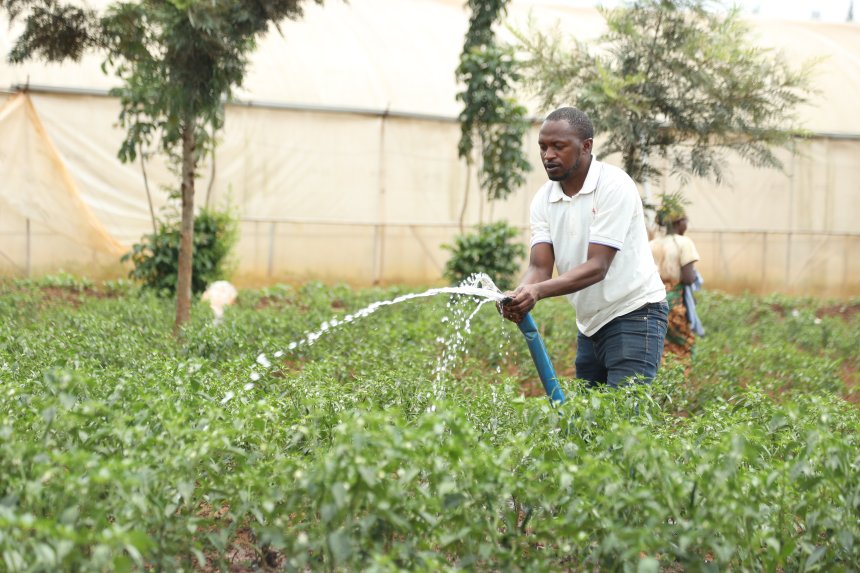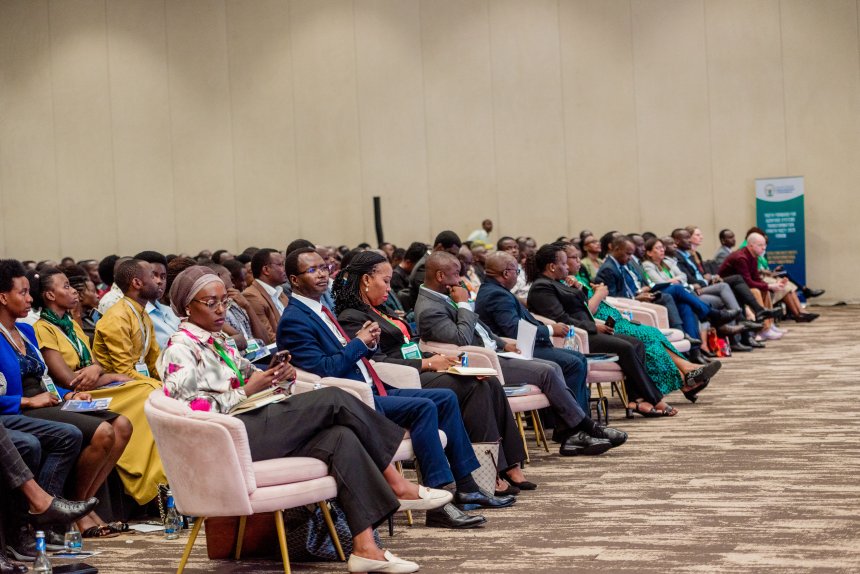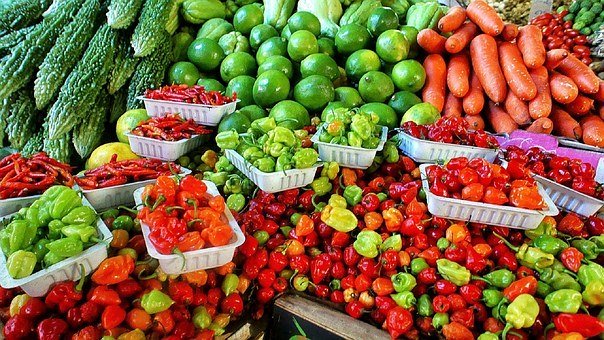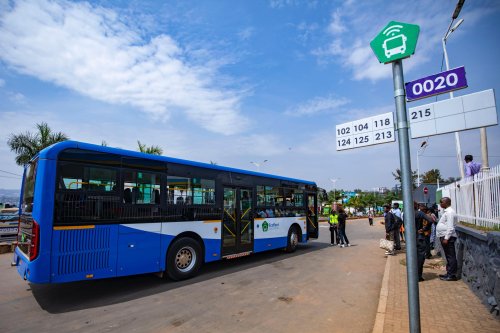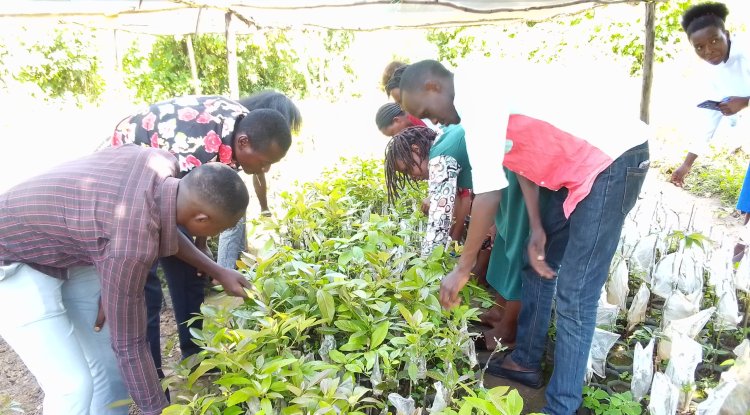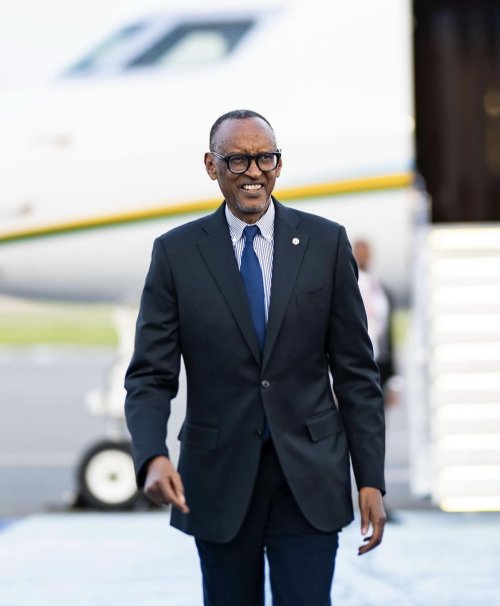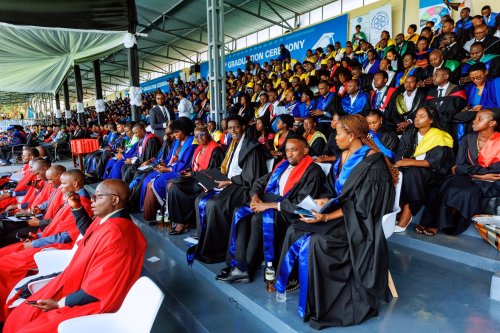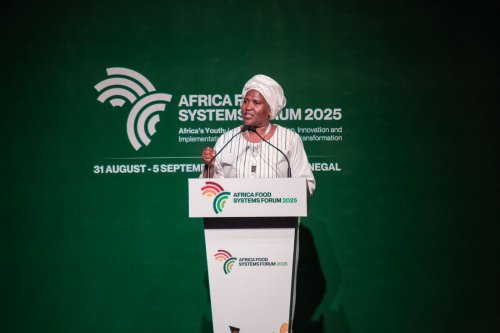Youth Must Be at the Heart of Africa’s Food Future as Rwanda’s Rising Stars Head to Senegal Summit” AGRA President, Alice Ruhweza
In just a few weeks, the Africa Food Systems Forum 2025 (AFSF) will open in Dakar, bringing together thousands of policymakers, investors, innovators, and farmers for the continent’s largest gathering on food systems. The summit, taking place from 31st August to 5th September 2025, will be organized under the leadership of H.E. Bassirou Diomaye Faye, President of Senegal, under the theme: “Leading Collaboration, Innovation, and the Implementation of Agri-Food Systems Transformation.”
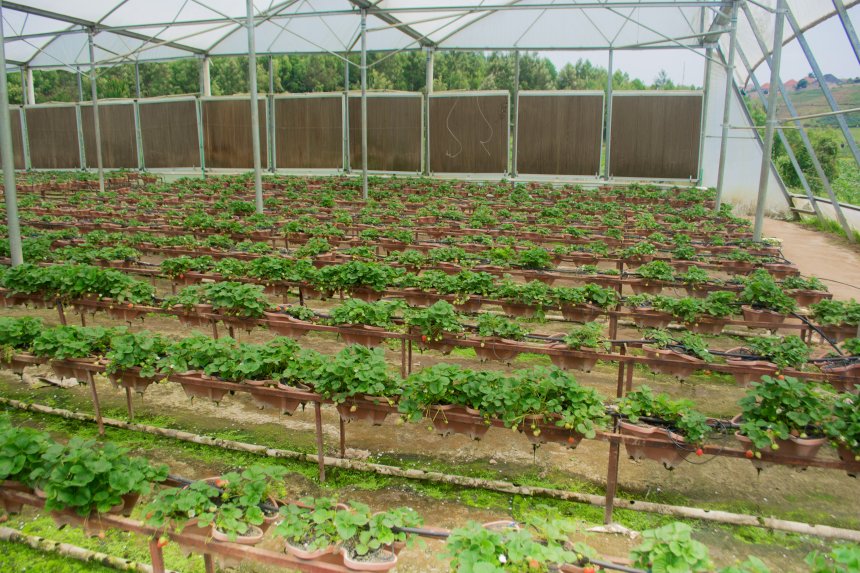
With only five years left to reach the Sustainable Development Goals (SDGs) and one year before the Malabo Declaration’s deadline, transforming Africa’s food systems has never been more urgent. The task is not only to ensure food security but also to create sustainable jobs, particularly for youth and women. The Dakar summit aims to catalyze this transformation through innovative science and policies, digital technologies, home-grown and global solutions, and scaled investments.
Among those attending are 17 young Rwandans, who will showcase how Africa’s youth are reshaping the future of farming, food, and agribusiness.
“Youth Are Not Optional They Are Central”
For Alice Ruhweza, President of AGRA, this wave of youth-led innovation is not just inspiring it is indispensable. Speaking in Nairobi ahead of the summit, she underlined the urgency of putting youth at the heart of agricultural transformation.
“If you make the sector more productive and growth-oriented, it can create jobs. That is one. But you also have to be very intentional how do you really put money in the hands of youth to go out there and start their own businesses, whether it is horticulture, processing, or exports?”
She added that Africa’s demographic advantage makes this moment critical. “This continent is the youngest in the world, with 70% of the population under the age of 22. Isn’t that exciting? The energy, the innovation, the creativity we’re seeing so many youth enterprises coming up. We may not have figured it all out yet, but it’s a great journey, and we are very excited about this engagement.”
From Rwanda to the World: Stories of Innovation
In Rwanda, agriculture has long been the backbone of livelihoods. Now, young entrepreneurs are proving it can also be a path to wealth creation, job generation, and climate-smart solutions.
Onesphore Mutsinzi, a 30-year-old poultry farmer from Nyagatare, is among the delegates. Once struggling with subsistence farming, he now runs a profitable poultry enterprise after training with the YEFFA Program, backed by AGRA and the Mastercard Foundation. With better housing, feed management, and record-keeping, he expanded his flock from 450 to over 2,000 birds.“Since joining the YEFFA Program, I’ve learned to manage my farm like a business. This journey didn’t just change my farm it changed my life,” Mutsinzi says.
His mission at AFSS25: to seek partners who can help him establish a local feed plant, lowering costs for farmers across his community.
In Rwamagana, Niyitanga Grace turned a failed city hustle into a thriving greenhouse agribusiness. With just 1.5 million Rwandan francs and determination, she built a chili pepper enterprise now valued at 30 million RWF.
“Agriculture is not a last resort it’s a first-class opportunity,” Grace affirms. “With the right mindset and tools, it can be more profitable than you ever imagined.”
Her next step: building value-addition facilities to process chili into sauces and powders, moving from farming to agro-industry.
And in Nyanza, Evariste Sibobugingo is proving that waste can be wealth. His factory transforms discarded cassava peels into soap and organic fertilizer, employing dozens and supporting over 500 smallholder farmers.“Never abandon an idea just because it looks small. Every big thing starts as a small idea sometimes even one that seems impossible,” he says.
Beyond Production: Setting the Agenda
The stories of young agri-preneurs highlight a broader truth: Africa’s agricultural transformation will not come only from producing more food. It will come from innovation across the value chain from processing and packaging to exports, financing, and digital technologies.
This is the exact message Alice Ruhweza wants front and center at AFSS25“You can’t only look at production. You have to look at processing, at export zones, at financing youth enterprises. We’re seeing incredible creativity, and the task ahead is to scale it to make sure more young people have access to capital, markets, and mentorship,” she emphasizes.
Why Youth Matter in Africa’s Food Future
With more than 60% of Africa’s population under 25, the continent’s food future rests on its young people. Rwanda’s delegation of 17 youth is more than symbolic it reflects a generational shift: from subsistence farming to agribusiness, from necessity to opportunity.
As Mutsinzi puts it“If I can build a successful business in a rural village with limited resources, others can too. We just need the right support and belief in our own potential.”
A Call to Action
From poultry farms to greenhouses to cassava recycling, Africa’s young agri-preneurs are already demonstrating that they hold the keys to feeding the continent and driving economic growth.
The task for AFSS25 is clear: to turn these sparks of innovation into a continental fire of transformation.
